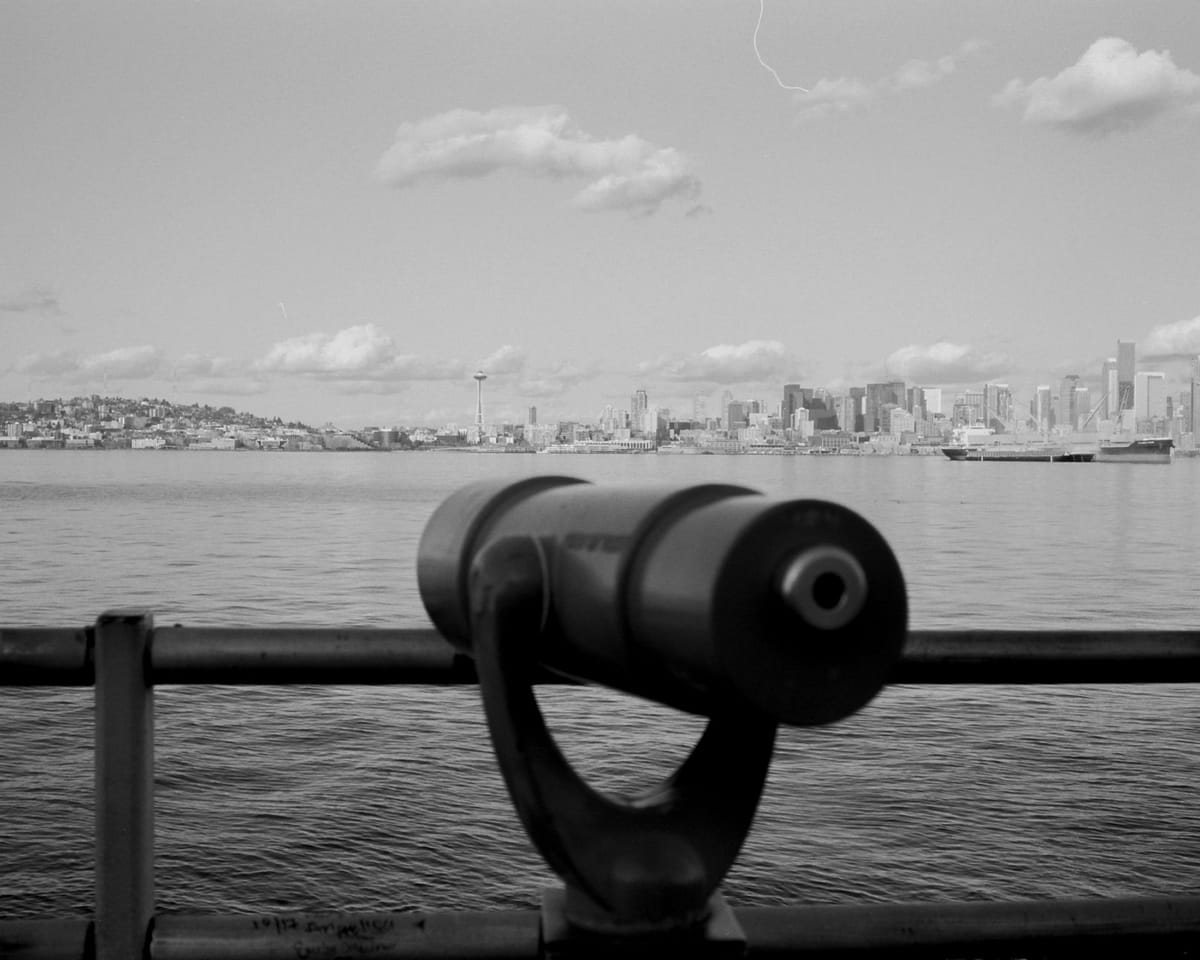It doesn’t have to be difficult

My doctor recommended that I get a colonoscopy almost two years ago. At the time, he mentioned that it is now recommended to get your first colonoscopy at the age of 45. The thought of it bothered me, even though I knew that a colonoscopy is a preventative procedure that can save lives; it also meant that it was one more thing to worry about.
Many months later, I scheduled my first colonoscopy. This was last year, but for unrelated reasons, I had to cancel it and rescheduled for April of this year. Everyone I spoke to told me that the worst part is the “prep,” which involves eating low fiber food, taking a laxative to clear your bowels, and drinking electrolytes to prevent dehydration. I was told the laxative tasted horrible, and to many, it was the worst part of the “prep.”
So last week, I began my colonoscopy “prep” as my appointment was scheduled for the following Monday. The prep consisted of avoiding high-fiber foods among other things. Then, 24 hours before the appointment, I started drinking the laxative—3 liters, 8 oz every 15 minutes. Honestly, the one I had didn’t taste horrible, but after drinking about a liter, I had had enough. However, I continued and finished all three liters.
The next morning, four hours before the procedure, I had to drink the last liter. It was difficult; I just couldn’t stomach more of that liquid, not to mention the uncountable bathroom visits for obvious reasons.
Finally, it was time for my colonoscopy, so my wife and I drove to the hospital. She was my chaperone since you need someone to take you home due to the sedatives administered.
The entire staff who interacted with me was very welcoming and made the process smoother; I felt at ease. One of my biggest worries was the sedatives, as I had only been under general anesthesia once before, and this was going to be the second time. It turns out that it wasn’t general anesthesia where you need a machine to help you breathe. This sedative allows you to breathe on your own, which is reassuring.
The procedure itself took about an hour. I opened my eyes a few times during the process and remember talking to the people in the room, though I don’t recall what I said. The procedure ended without any issues, and now I’m just waiting for the results of an analysis of a tiny polyp that was removed. It’s not uncommon to find them, and most are harmless. However, as a precaution, it’s routine to analyze them to determine if they are cancerous.
The worst part of the entire process was the wait between making the appointment and the actual appointment. It’s easy to imagine the worst, to feel anxious and worried. It’s not a bad thing; it’s part of our survival nature, but sometimes we exaggerate. Worrying about something out of your control that hasn’t happened can be detrimental to your health as it generates stress that can negatively affect your immune system and your mood.
The second worst thing was the low-fiber diet. I had no idea how much of the food I love and eat often is high in fiber, so I had to avoid it for four days.
Now that my first colonoscopy is behind me, it’s clear that it didn’t have to be this hard. I wish I had known so I wouldn’t have been as worried about the process. Lessons learned.
If you are 45 or older and have never had a colonoscopy, schedule one today. It’s not painful at all; you don’t feel anything during it or after, and it could save your life. It’s not difficult at all.
Happy Friday!
Photo: Taken from West Seattle on a Leica M6 with Kodak TMAX 400
